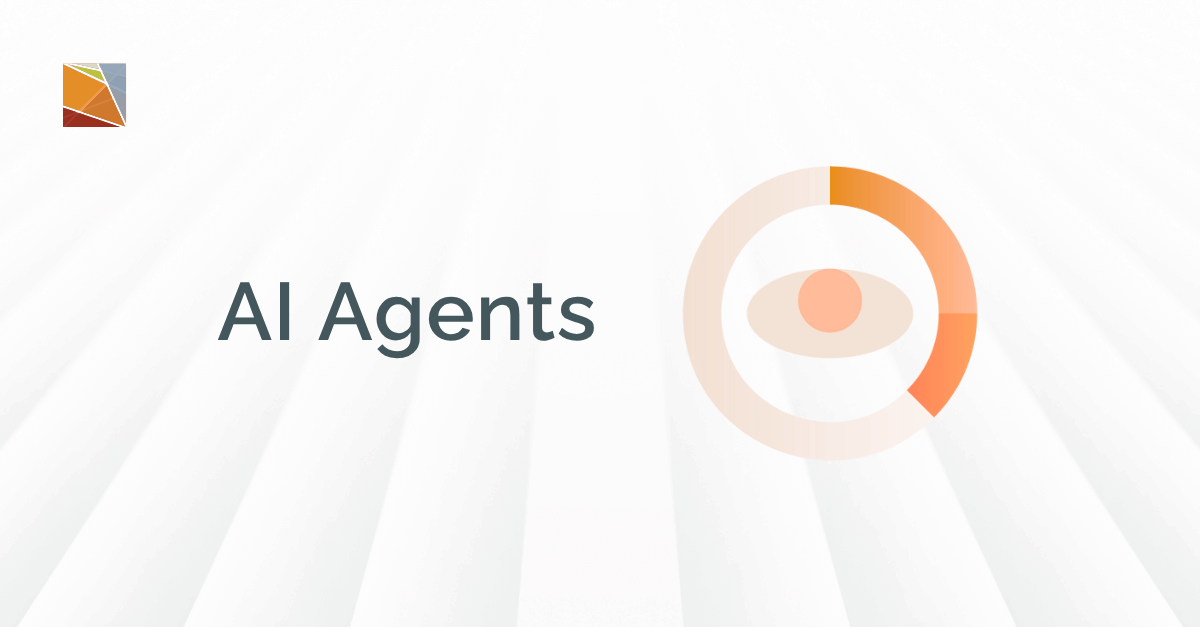Share this on:
An AI agent is an intelligent system that can act autonomously in an environment. It can understand and perform specific tasks without human intervention. They can plan, reason, adapt, and make decisions on their own. AI agents go beyond natural language processing and have goal-oriented behavior. They can interact with external environments to perform tasks. You can deploy AI agents in various applications for problem-solving purposes.
Let’s say there’s a customer support AI agent that gets a customer query. The AI agent is capable of independently conducting chats with the customer. This means it can ask questions, confirm details related to the customer query, and then take actions to address the issue.
It does so by looking through company documents, customer chat history, customer data etc., and tries to respond with a solution. Based on the customer’s response, it reasons if it can solve the problem itself or requires human intervention.
Is ChatGPT an AI agent?
No, ChatGPT cannot be considered an AI agent. It is a large language model (LLM). It does not have goal-oriented behavior and cannot make decisions on its own.
ChatGPT can do content creation and conversational interactions for you. While ChatGPT requires prompts or inputs to produce text/content, AI agents can perform tasks based on their understanding and reasoning.
How do AI Agents work?
AI agents simplify complex workflows. They do so by managing various tasks independently. Most AI agents follow the three-step process mentioned below:
The AI agent confirms the goal
The first step followed by the AI agent is to interpret the goal. It will break it down into different small tasks and then create a step-by-step strategy to achieve the goal.
The AI agent collects data
The next step is to collect the relevant information required to perform the tasks. It finds information from internal documents, customer chats, online sources, and more. It improves its context & understanding of the tasks and make the right decisions.
The AI agent implements its strategy
After AI agent has all the necessary information with itself, it starts implementing its strategy. Every time a task is completed, the agent reassesses & validates the result. The process is followed for every sub-task until the final objective is achieved.



